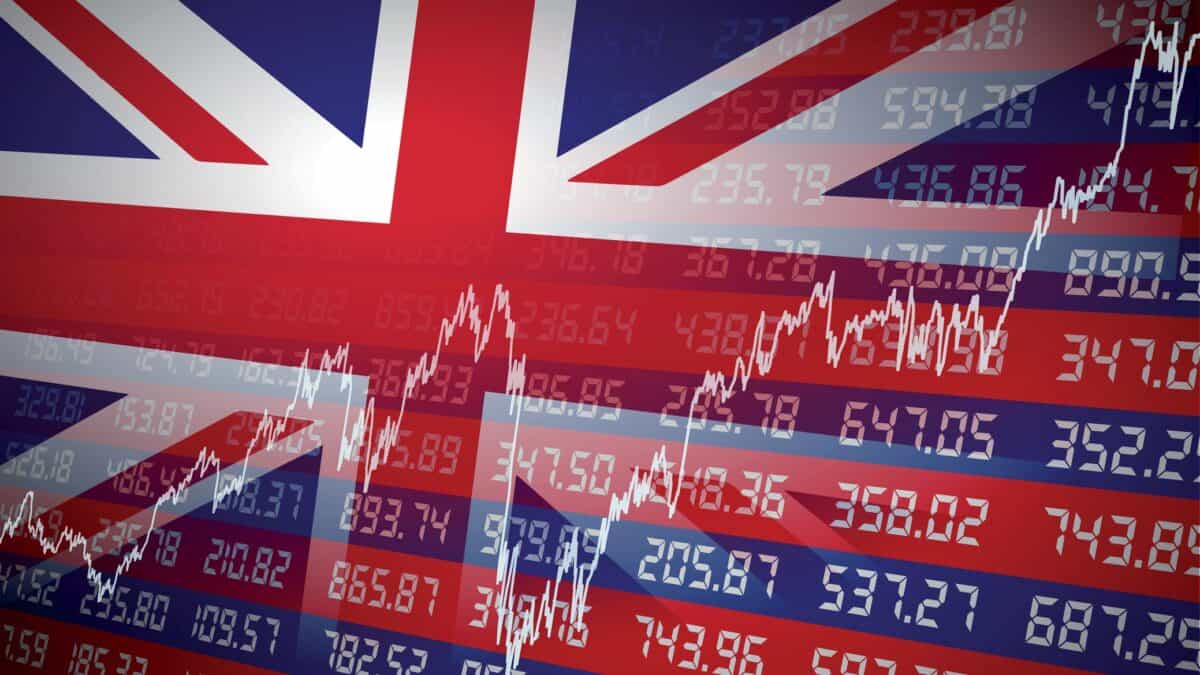
Image source: Getty Images
The BT Group (LSE:BT.A) share price is 78% above its lows last April (2024). The rally has been fuelled by a wave of optimism around cost cuts and several high-profile stock purchases. However, the shares are now at their highest point since 2022. And this leaves investors asking whether there’s still value to be found at this elevated share price.
Valuation: still reasonable, but not a bargain
On paper, BT’s valuation is undemanding. The price-to-earnings ratio is forecast to fall from 15.6 times in 2025 to 11.6 times in 2026 and 11.3 times in 2027. That’s a significant discount to the wider telecoms sector, especially for a company with BT’s scale and market share.
However, headline P/E ratios don’t tell the whole story. That’s because debt is a big part of the picture.
BT’s net debt is expected to reach £20.5bn in 2026, slightly outpacing its current market cap. Adjusting for this, the company’s enterprise value (EV) rises to £38.4bn by 2026, putting its EV-to-EBIT at 11.4 times and EV-to-EBITDA at 4.7 times.
These multiples are still reasonable, but they highlight the company’s reliance on future cash flows to service its hefty debt pile. The latter part of that concerns me.
The FTTP dilemma
The heart of BT’s strategy — and its valuation dilemma — is its vast investment in fibre to the premise (FTTP) broadband. As of 2025, Openreach is on track to reach 25m premises by 2026, with take-up rates climbing to 36%.
This is a huge technical and financial undertaking, with annual capital expenditure still hovering around £5bn. Management insists that peak capex has now passed, and that free cash flow will accelerate from 2027 as the fibre build winds down.
The logic is sound. Fibre is the future, and BT’s early lead could cement its dominance for decades. Already, the company is seeing higher average revenue per user and stickier customers.
But the risks are considerable. If demand falls short, or if competition intensifies, BT could be left with a mountain of debt and lower returns than hoped. As with any big project, execution risk is key.
Better value elsewhere perhaps
Despite the recent rally, BT shares don’t appear overvalued based on comparative metrics. Moreover, the forward dividend yield, at around 4.5%, appears safe given earnings projections. What’s more, analysts remain broadly positive, with consensus price targets above current levels.
However, the easy gains may be behind us, and the next leg of the story will depend on strong execution. This means delivering FTTP on time, growing revenues, and steadily reducing debt.
In short, investors haven’t missed their chance, but the risk-reward balance has shifted. Personally, I believe there may be better opportunities elsewhere. The current position doesn’t offer much margin for safety and there’s no longer a clearly defined value play.
That’s why I’m not buying today, but wished I bought 13 months ago when I said I was going to, waited too long, and missed a 20% rally.









